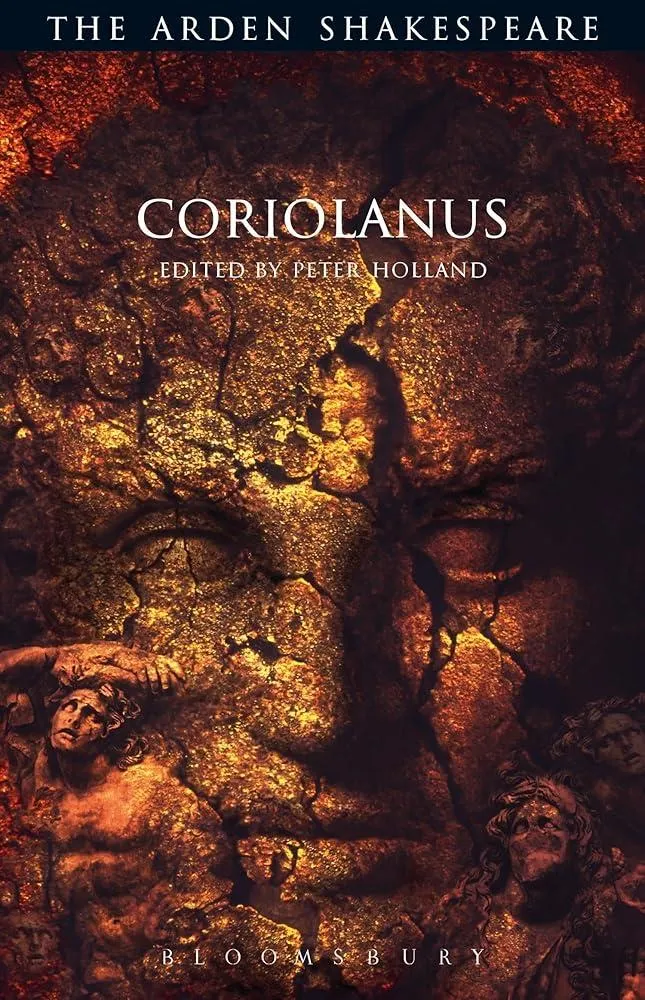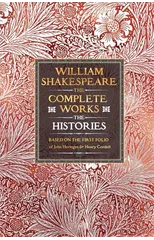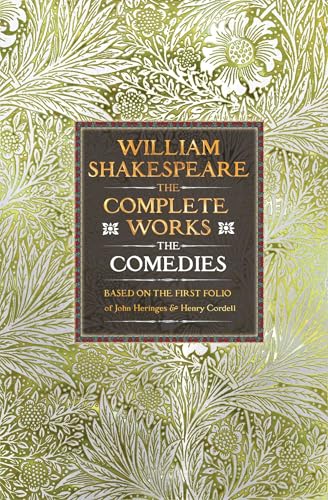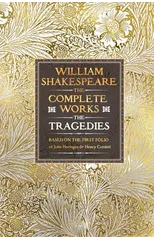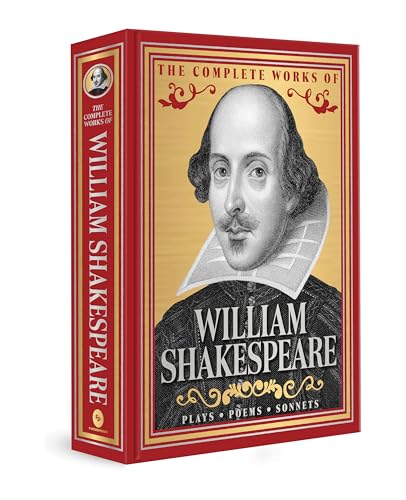Coriolanus
Third Series
(Autor) William ShakespeareThis Roman play is one of Shakespeare's last tragedies, best known for its political and military themes. Its hero, Coriolanus, is a proud General who does not hesitate to show his arrogant and outspoken contempt of the Roman rabble. The Tribunes banish him and he raises an army to take his revenge on Rome. He finally concedes to the pleas of his mother to spare the city and leaves only to be publicly killed by his former allies. Peter Holland is a former Director of the Shakespeare Institute in Stratford-upon-Avon and President of the Shakespeare Association of America. He is a pre-eminent international scholar. His comprehensive introduction and commentary notes open up the language, themes and ideas in this complex yet richly rewarding play for the student and teacher. The play is discussed in its historical and critical contexts and its theatrical history is analysed too.
William Shakespeare
William Shakespeare was an English playwright, poet, and actor, widely regarded as one of the greatest writers in the English language. He is known for his numerous plays and sonnets, which have had a profound impact on literature and theater. Some of his most notable works include "Romeo and Juliet," "Hamlet," "Macbeth," and "Othello." Shakespeare's writing is characterized by his use of intricate language, complex characters, and universal themes such as love, jealousy, power, and ambition. His works have been translated into every major language and are performed around the world to this day. Shakespeare's influence on literature, drama, and the English language is immeasurable, and his legacy continues to endure centuries after his death. His most famous work is arguably "Romeo and Juliet," a tragic love story that has become a timeless classic.
